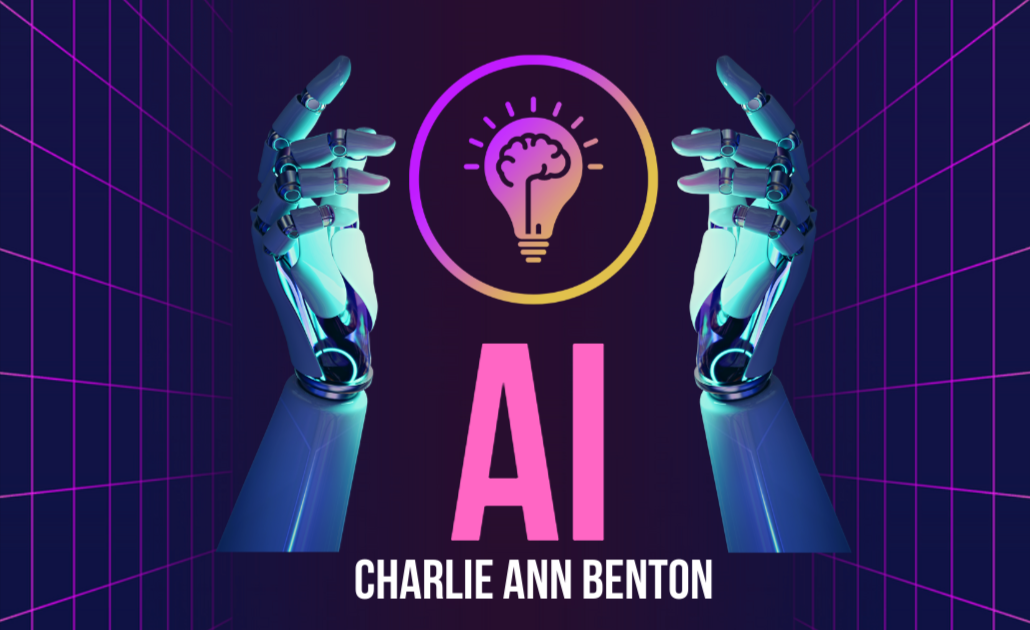Students can create whole essays with a few keywords entered into an artificial intelligence search box, making it so much easier to cheat, but how much of students’ work is now actually what AI produced?
According to Education Week, Turnitin’s AI Detection Tool has gone through over 200 million writing assignments over the past year. They said that “AI was detected in about 1 out of 10 assignments” but “only 3 out of every 100” were created entirely by AI.
As the writer noted, “it might not be as bad as educators think.” While most students are using AI, they are using it for assistance rather than whole projects.
With all of the problems that AI brings into the classroom, it also brings relief to both educators and students in various ways. Sophomore Amelia Buczo mentioned, “I do find it beneficial since sometimes I can’t put things into words and it helps me put my ideas into words I can use.” She says it can be the push she needs to create something great.
Walden University recently identified AI benefits such as assistance, speed, individualization, context, and personalization. It can help teachers to grade things faster, create lesson plans, generate quizzes and plan projects easier.
For students, it can be a benefit by providing “immediate, helpful assistance if a teacher […] isn’t available” and assisting in the direct area needed. Students can even gain access to “an AI tutor that [helps] students understand” the material further, or do the opposite.
Teachers and students alike use AI for assistance, but is the assistance always good?
Prairie Ridge freshman Wyatt Alberts, has mixed feelings about AI’s benefits. “It gives answers very easily but sometimes it leads me the wrong way and confuses me more.”
Taking an exact replica of what is found online can diminish education for what a teacher is trying to convey and what a student is trying to interpret.
When students copy and paste, English Teacher Mrs. Hartnett believes, “students are not even thinking about what they found.”
Confusion is common because AI’s answers aren’t fixed to the curriculum. Mrs. Hartnett said “what I’ve seen has not been positive.”
Similarly, when teachers are using AI to create lesson plans a disconnect may occur when the plans aren’t customized to fit the classes needs. Senior Eliza Lee said “I feel like teachers should use it for ideas but actually copying and pasting when making lesson plans, you’re not doing your job.”
The same goes for students. If they’re constantly using AI to do their work, the students aren’t getting anything out of it.
Just because artificial intelligence exists, doesn’t mean it is the right thing to do.
English teacher Mrs. Wadlington said morality is important to consider because “in the wrong hands it can be dangerous […] I’m not hearing conversation about that aspect.” She also has concerns about “the effects on creativity and originality.”
Should both teachers and students be held accountable for using AI? Or should we let it slide because ‘everyone else is doing it’?
It may be too soon to decide whether or not AI is beneficial to education, but Mrs. Wadlington may speak for all teachers, “I don’t want anything replacing thinking.”






